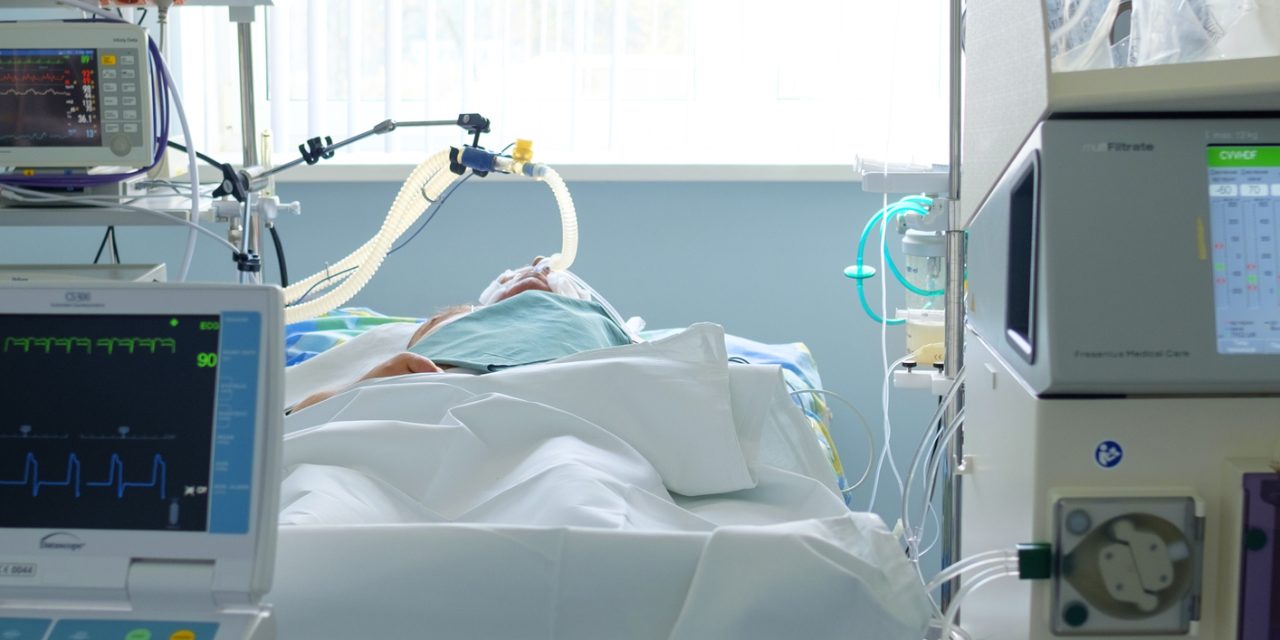Traumatic brain injuries (TBI) have led to lasting deficits for an estimated 5.3 million American patients. Effective therapies for these patients remain scarce and each of the clinical trials stemming from success in experimental models has failed. We believe that the failures may be, in part, due to the lack of preclinical assessment of cognitive domains that widely affect clinical TBI. Specifically, the behavioral tasks in the TBI literature often do not focus on common executive impairments related to the frontal lobe such as cognitive flexibility. In previous work, we have demonstrated that the attentional set-shifting test (AST), a task analogous to the clinically-employed Wisconsin Card Sorting Test (WCST), could be used to identify cognitive flexibility impairments following controlled cortical impact (CCI) injury. In this study, we hypothesized that both the administration of the antidepressant drug citalopram (CIT) and exposure to a preclinical model of neurorehabilitation, environmental enrichment (EE), would attenuate cognitive performance deficits on AST when provided alone and lead to greater benefits when administered in combination. Adult, male rats were subjected to a moderate-severe CCI or sham injury. Rats were randomly divided into experimental groups that included surgical injury, drug therapy, and housing condition. We observed that both CIT and EE provided significant cognitive recovery when administered alone and reversal learning performance recovery increased the most when the therapies were combined (p<0.05). Ongoing studies continue to evaluate novel ways of assessing more clinically relevant measurements of high order cognitive TBI-related impairments in the rat model.Copyright © 2021 Elsevier B.V. All rights reserved.
A combined therapeutic regimen of citalopram and environmental enrichment ameliorates attentional set-shifting performance after brain trauma.


